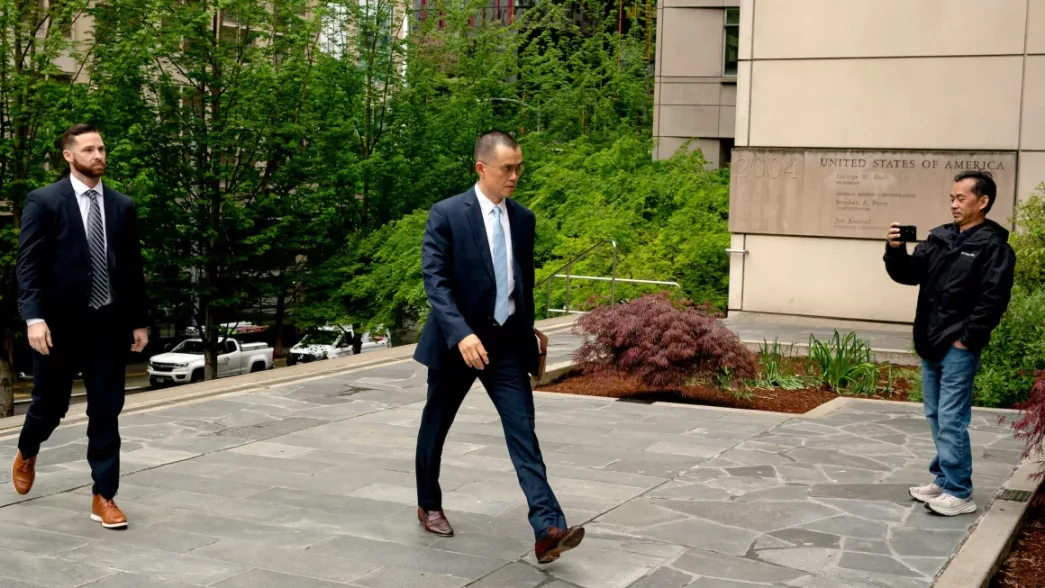Changpeng Zhao, known as CZ, the founder of the world’s leading cryptocurrency exchange, received a four-month prison sentence on Tuesday after admitting guilt last year to charges related to the lack of an effective anti-money laundering program.
The sentence, issued in a US federal court in Seattle, was lighter than the three years sought by prosecutors.
Prior to the sentencing, Zhao expressed remorse for his actions as CEO of Binance, the cryptocurrency exchange he established in 2017.
“I deeply regret the choices that have brought me before the Court,” he wrote in a letter to the judge. “I assure you that such mistakes will never recur.”
As part of a settlement with the federal government last fall, Binance agreed to pay over $4 billion in fines and other penalties. The company admitted to involvement in anti-money laundering activities, unlicensed money transmission, and sanctions violations.
Zhao, aged 47 with a personal fortune close to $40 billion according to Bloomberg, agreed to step down as CEO and pay $200 million in fines.
Following a lengthy investigation, US authorities in November accused Binance of permitting illicit activities on its platform, facilitating transactions associated with child exploitation, drug trafficking, and terrorist financing.
Additionally, Binance lacked protocols to identify or report transactions posing money-laundering risks, with employees aware that such oversight would attract criminals to the platform. According to court documents, a Binance compliance staffer commented, “We need a banner ‘is washing drug money too hard these days – come to binance we got cake for you.'”
Zhao’s sentencing follows the recent 25-year prison term handed to his former rival, Sam Bankman-Fried, for his involvement in a multibillion-dollar fraud through FTX, the second-largest crypto exchange before its collapse in 2022.
These consecutive sentences highlight the Department of Justice’s stricter stance on financial crimes, particularly within the crypto sphere. While crypto investors and businesses aim to distance the industry from its association with criminal activity, skeptics remain wary of the entire $2 trillion industry and criticize the DOJ’s efforts to combat it.
“The message sent today by the Justice Department is that ‘crime pays,'” remarked Dennis Kelleher, CEO of the nonprofit Better Markets. “CZ wasn’t even charged with money laundering; he was only charged with lacking an anti-money laundering program. That’s less than a slap on the wrist.”

















